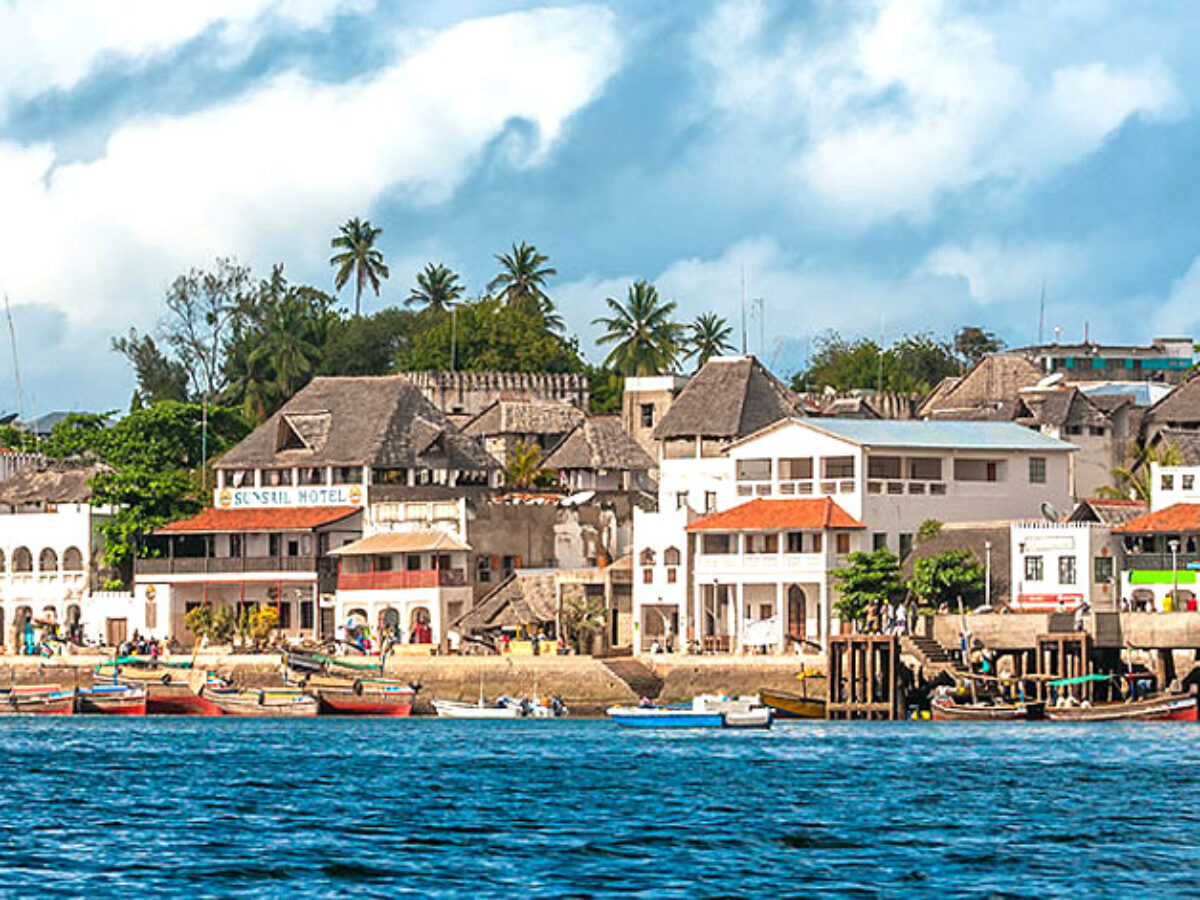Have you heard of the fascinating trend known as “destination dupes”? This concept involves discovering alternative destinations that offer similar experiences, beauty, and cultural richness as more famous counterparts, but without the overwhelming crowds and hefty price tags. As travellers become more savvy and environmentally conscious, destination dupes are gaining traction, offering a refreshing way to explore the world. This trend is particularly significant for the travel industry in Africa, where many hidden gems remain underexplored.
What is Destination Dupes?
Destination dupes refer to lesser-known places that mirror the allure of popular tourist hotspots. These alternatives provide travellers with unique experiences and the chance to explore less crowded, yet equally stunning locations. This trend not only helps mitigate the negative impacts of over-tourism but also distributes economic benefits more evenly across regions.
The Impact on Africa’s Travel Industry
For Africa, the destination dupe trend holds immense potential. The continent is home to a plethora of breath-taking landscapes, rich cultural heritage, and diverse wildlife. By promoting lesser-known destinations, African countries can attract a more diverse range of tourists, foster sustainable tourism, and boost local economies.
Here are ten examples of destination dupes across different African countries:
Tanzania: Lake Natron vs. Lake Victoria
While Lake Victoria is renowned for its size and biodiversity, Lake Natron offers a unique experience with its striking red waters and the chance to see flocks of flamingos. This remote lake is less visited but equally captivating.

Kenya: Lamu Island vs. Zanzibar
Zanzibar is a famous island destination, but Lamu Island in Kenya provides a similar blend of stunning beaches, Swahili culture, and historical architecture without the throngs of tourists.

South Africa: Drakensberg Mountains vs. Table Mountain
Table Mountain is iconic, yet the Drakensberg Mountains offer equally impressive hiking and scenic views. This mountain range provides a quieter escape into nature’s splendor.

Morocco: Chefchaouen vs. Marrakech
Marrakech is a bustling hub of Moroccan culture, but the blue-washed town of Chefchaouen offers a tranquil, picturesque alternative with its charming streets and relaxed atmosphere.
Namibia: Fish River Canyon vs. Grand Canyon (USA)
Fish River Canyon is less known than its American counterpart but offers spectacular views and hiking trails, making it a worthy dupe for the Grand Canyon.
Ethiopia: Lalibela vs. Petra (Jordan)
The rock-hewn churches of Lalibela are often compared to Petra’s famous structures. Lalibela’s historical and religious significance makes it a fascinating destination for those interested in ancient architecture.
Uganda: Ssese Islands vs. Maldives
While the Maldives are synonymous with luxury island getaways, Uganda’s Ssese Islands in Lake Victoria provide beautiful beaches and serene landscapes perfect for a peaceful retreat.
Ghana: Mole National Park vs. Serengeti National Park
Serengeti is world-famous for its wildlife, but Mole National Park offers incredible safari experiences with fewer visitors. Elephants, antelopes, and diverse bird species can be seen in a less crowded setting.
Rwanda: Lake Kivu vs. Lake Como (Italy)
Lake Kivu in Rwanda is a stunning alternative to Europe’s Lake Como. Its serene waters, surrounding hills, and opportunities for boat rides and relaxation make it a charming escape.
Zimbabwe: Matobo National Park vs. Yosemite National Park (USA)
Yosemite is celebrated for its dramatic landscapes, but Matobo National Park in Zimbabwe offers equally striking granite formations, ancient rock art, and unique wildlife encounters.
Embracing the Trend
The rise of destination dupes presents an exciting opportunity for travellers and the African tourism industry. By showcasing these hidden gems, African countries can attract tourists seeking authentic, off-the-beaten-path experiences. This trend not only enhances the travel experience but also promotes sustainable tourism practices and supports local communities.
Destination dupes are redefining how we explore the world. Africa, with its vast and diverse landscapes, is perfectly poised to benefit from this trend. As more travellers seek unique and less crowded destinations, Africa’s hidden treasures are set to shine on the global tourism stage.








